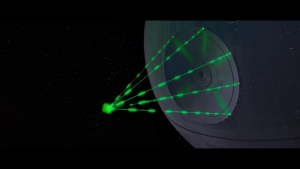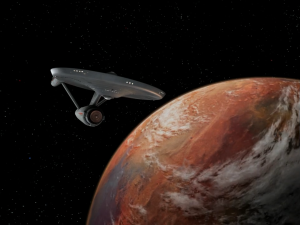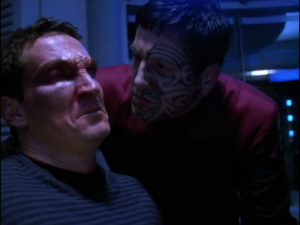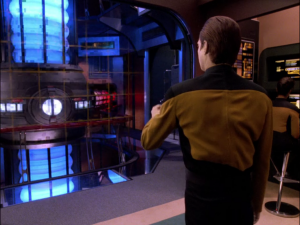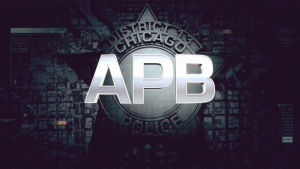 This week saw the premiere of APB, yet another in a long line of police procedurals with a thin veneer of sci-fi slapped on top (the thinnest yet), the third on FOX in particular following the abysmal receptions of Almost Human and Minority Report (still can’t believe that got the green light). The basic premise is a Libertarian power fantasy: a tech billionaire, personally affected by crime, takes over the incompetently run police precinct by throwing his money around against the city’s politicians and turns it into his privately run force that works perfectly through the use of apps and drones and tech buzzword #37 not found. Admittedly, the premise annoys me on its face; this kind of billionaire “altruism” is just not true to reality, and by forcing this into the setting of a real, modern city like Chicago, it just makes the difference that much more stark. Yes, I’m aware it’s “inspired” by a real event, and the show had a female cop to voice the audience’s potential concerns in the pilot…
This week saw the premiere of APB, yet another in a long line of police procedurals with a thin veneer of sci-fi slapped on top (the thinnest yet), the third on FOX in particular following the abysmal receptions of Almost Human and Minority Report (still can’t believe that got the green light). The basic premise is a Libertarian power fantasy: a tech billionaire, personally affected by crime, takes over the incompetently run police precinct by throwing his money around against the city’s politicians and turns it into his privately run force that works perfectly through the use of apps and drones and tech buzzword #37 not found. Admittedly, the premise annoys me on its face; this kind of billionaire “altruism” is just not true to reality, and by forcing this into the setting of a real, modern city like Chicago, it just makes the difference that much more stark. Yes, I’m aware it’s “inspired” by a real event, and the show had a female cop to voice the audience’s potential concerns in the pilot…
But, ironically, that’s exactly where it falls apart. In an attempt to head these off, they fall back on standard police tactics even where it doesn’t make sense, eschewing the tech advantage that they’ve built for “experience and street smarts beat all.” Trust me, the show had plenty of other issues in terms of acting and storytelling, but if it could commit to the idea at its core, it wouldn’t fall into the same category as its predecessors. Because after looking at dozens of these sci-fi TV shows over the last few years, there’s a pattern that’s emerged:
The longer a show has run, the more likely it is to have a clear philosophy to its story. Shows that aren’t founded on a core belief inevitably flounder and fail.
Why? Let’s take a look.
Read more




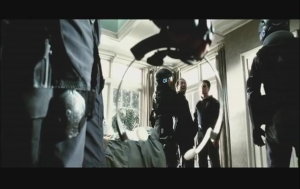 Crime is a fact of life in any civilization (
Crime is a fact of life in any civilization (